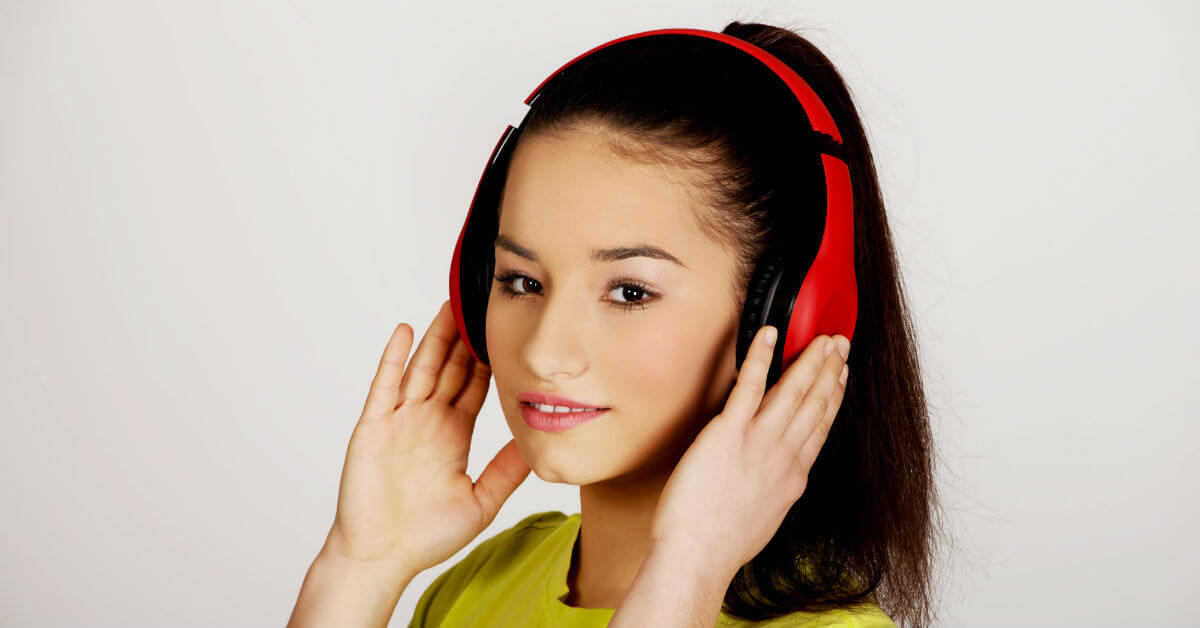Residential treatment centers are designed for troubled teens whose behavior is causing them to fail at school, work and in family relationships. Often, troubled teens even engage in behavior that can be dangerous to themselves and others. Parents with concerns about their teenager’s bad behavior know they need help, but are powerless to provide it themselves. The good news is that residential treatment centers for teens are the perfect place for troubled teens to live, work and play when they can no longer be home.
What is a Residential Treatment Center?
Unlike wilderness camps, teen boot camps and similar short-term programs for teens, a residential treatment center is a place where teens stay for several moths to a year, and focus on healing and rehabilitation. Similar to a therapeutic boarding school, a residential treatment center offers teens with emotional, behavioral and mental health issues a place to live and attend classes while getting therapy and support from trained professionals. Fully trained staff members
Who Can Attend Residential Treatment Centers?
There are many types of issues that can be treated at residential treatment centers–ADD, ADHD, bipolar, anxiety, depression, drug abuse, self-harm, abuse trauma, ODD, low self-esteem and much more. Teens who are no longer able to attend traditional schools and are not working with parents and therapists well at home often find that going somewhere new, with no expectations or baggage, really kick starts the healing process.
What Activities Are There?
Residential treatment centers and therapeutic boarding schools blend academics with activities. Also, successful programs ensure that consistent therapy is also part of the teen’s experience there. Recreational therapy can be a big part of a residential treatment center’s program, giving teens a chance to explore new hobbies, build their self-esteem and set new and positive habits. Some programs focus on outdoor recreation and high adventure, while others have an art or music component. Finally, teens participate in day-to-day activities like chores, homework and so forth.
How Much Do Residential Treatment Centers Cost?
The cost of tuition for residential treatment centers varies by location and facility. However, most programs have a range of financing options available to families with troubled teens. Parents should choose a facility that is willing to help them explore cost options and especially for grants, scholarships and income-based tuition. Parents should remember that just because a residential treatment center is on the more affordable end of the scale, it doesn’t mean the quality of care is inferior in any way. There are many places with exceptional care and low cost, just as there are expensive places that don’t has as much success.
At the end of the day, parents must work hard to find the right program for their troubled teen, and in no time, their child will be safe and secure at a residential treatment center getting the help they need to find success.










0 Comments